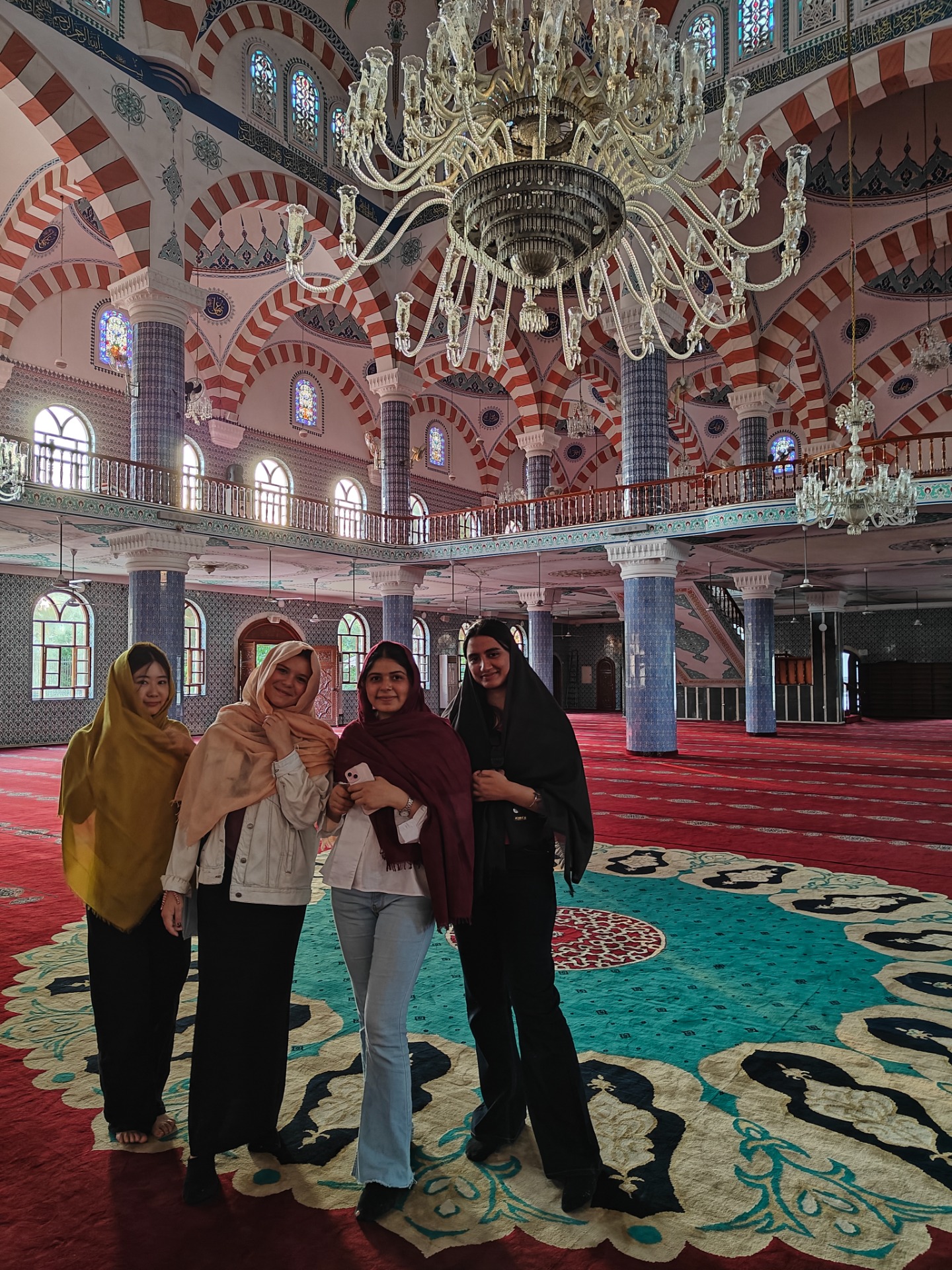Refugee's Stories: Make Your Voice Heard with the Human Library

From 16–22 May, Blackwater Training took part in Migrant Stories: Make Your Voice Heard with the Human Library in Mersin, Türkiye - a week-long Erasmus+ training course exploring inclusion, empathy, and storytelling through the Human Library method. The training brought together professionals from across Europe to build tools that help migrants and refugees share their lived experiences in safe and structured spaces.
Day 1: Exploring Intercultural Practice
On Day 1, we looked at the difference between multicultural and intercultural societies. While multiculturalism allows multiple cultures to coexist, interculturalism goes further, encouraging active interaction, shared goals, and collaboration across difference.
Through case studies and personal reflections, we explored how difficult, but necessary, this shift can be. We also completed a Life Map activity, reflecting on who we are, what we stand for, and what stories shape us. Sharing those stories with others highlighted the vulnerability required to connect across cultures but also the strength that comes with empathy and listening.
Day 2: Communication and Teamwork
On Day 2, the focus shifted to communication challenges faced by migrants and refugees. A blindfolded team exercise, where only the last person could see the target, became a metaphor for life in a new country: unclear systems, cultural barriers, language gaps, and confusion - even when everyone's aiming for the same goal.
Later, we explored the difference between migrants and refugees. While migrants move by choice, often for work or education, refugees are forced to flee. This distinction matters; particularly when designing services and supports.

The day closed with a team challenge: build the strongest structure using only basic materials. Each group worked under time pressure and limited instructions, simulating the urgency and confusion often experienced in real-life collaborative settings.

Day 3: Listening and Learning Through Storytelling

Day 3 marked the beginning of our deep dive into the Human Library methodology. We discussed the concept of genius loci - how the spirit of a place can influence how safe or open we feel. We shared personal stories in small groups, practising active listening strategies to deepen understanding through case study examples.
While some found it difficult to open up, others saw storytelling as a way to inspire and heal. Participants expressed a desire to hear more real stories - about refugees, childhood, life-changing moments, marginalisation, motivation, and overcoming challenges.
We ended the day by joining in traditional Turkish dancing as part of Youth and Sports Day, celebrated on 19th May across Türkiye.
Day 4: Storytelling Meets Digital Tools
On Day 4, we moved from analogue to digital. We explored tools like Canva, ChatGPT, Suno AI, and Veed.io to design our personal Human Library "book covers" and develop creative content for a forthcoming website.
Two teams formed: one conducted interviews, while the other focused on writing bios and digital content. The process demonstrated how digital storytelling can amplify voices and expand reach - especially for migrant-led initiatives.
Day 5: Sharing Stories and Youthpass Celebration
Day 5 was about bringing it all together. Participants shared their stories with each other in a supportive group setting.

One of the most powerful moments came from an Afghan participant, who spoke about fleeing her home following the Taliban's return. She shared how difficult it was to leave her classroom behind - but also how vital education remains in her fight for dignity and equality. Her story reminded us of why this work matters.

The programme concluded with a certificate ceremony, where each participant received a Youthpass acknowledging their learning and participation.

What's next for Blackwater Training?
This training inspired us to bring the Human Library method into our local work in Ireland. Over the coming months:
-
We'll be embedding Human Library sessions into our summer and autumn training programmes.
-
We'll continue to platform migrant voices in our communications and educational activities.

